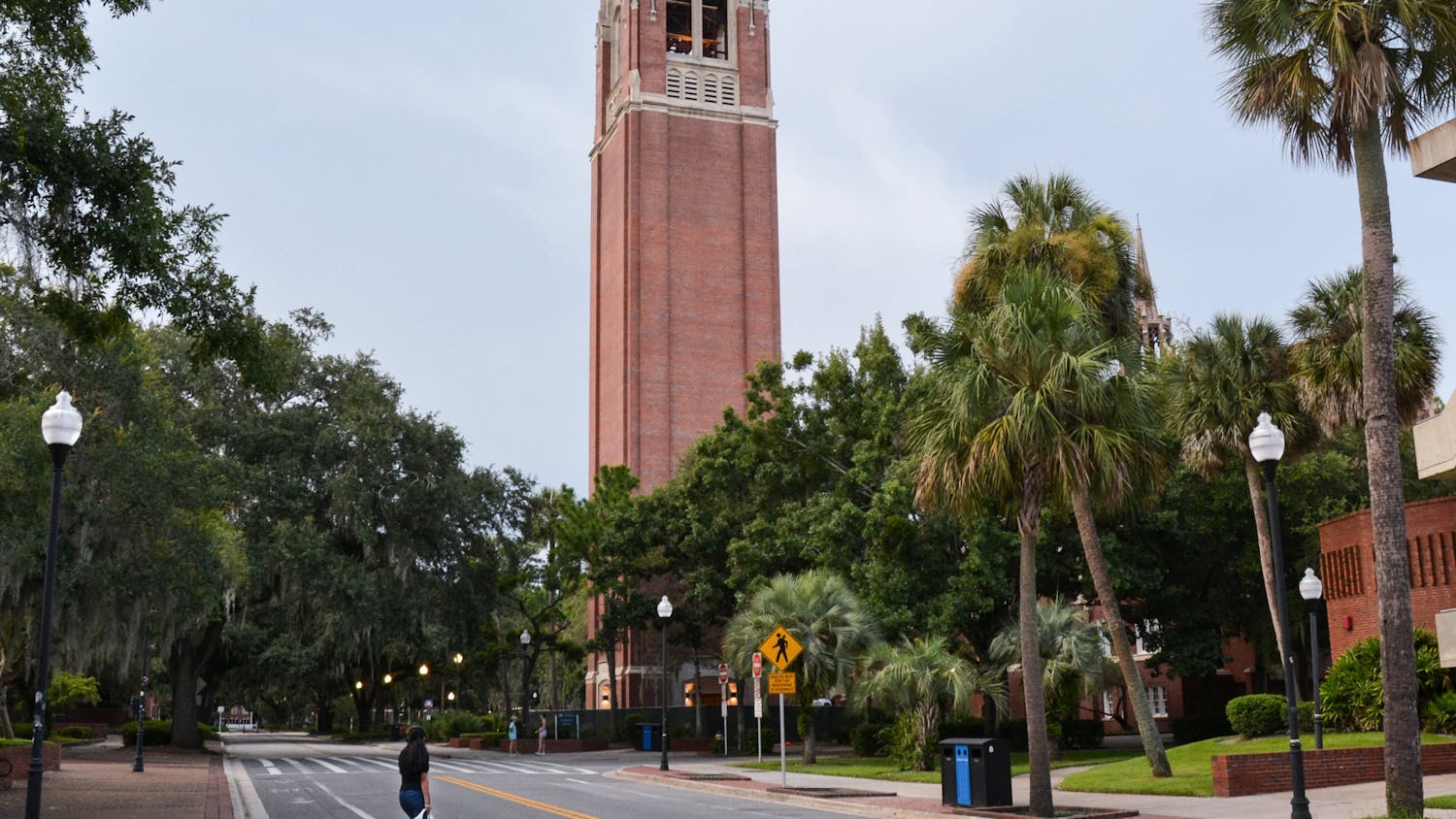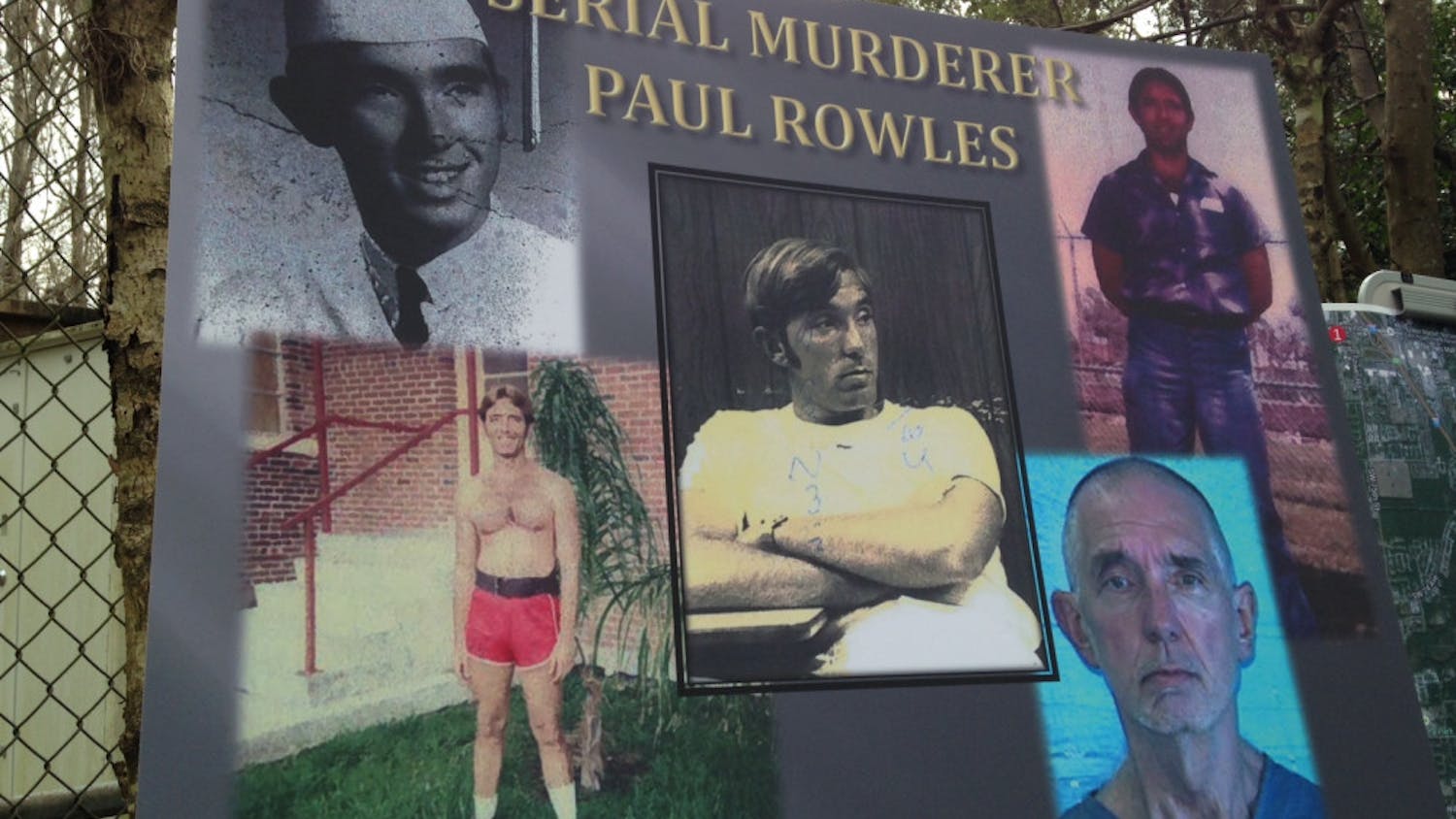In a country founded on religious freedom, a Gallup poll showed that one in five Americans wouldn’t vote for a qualified candidate because he or she is a Mormon.
Mitt Romney, a Mormon, will challenge the incumbent president, Barack Obama, a Christian, Nov. 6.
Students stand on both sides of the argument of whether religion matters when it comes to the presidency.
John Michael Yakulevich, a 20-year-old industrial and systems engineering junior, and Evan M. Eisenberg, a 24-year-old sociology and political science junior, both said if the candidate had all the necessary qualifications, he or she would have their votes, regardless of religion.
They have opposing views when it comes to religion’s part in politics.
Yakulevich said religion matters because note should be taken of everything about a candidate.
“Religion, for example, reveals some of the candidate’s moral values and why he stands where he does on certain issues,” he said.
Eisenberg disagrees.
“When it comes to voting for president, their religious beliefs are about as important to me as their shoe size,” he said.
Eisenberg said since the United States doesn’t have one view, or one religion, he doesn’t mind people who view gay marriage or abortion as wrong.
However, Yakulevich and Eisenberg agree that religion doesn’t make the president good.
“It’s ridiculous,” Yakulevich said. “Where would this country be if we held those same standards for all job positions?”
This isn’t the only time religion has played a part in politics.
When John F. Kennedy ran for president, his religious views became an issue, mainly because he was Roman Catholic.
Although Kennedy was a different Christian denomination from most, Laura Sjoberg, associate professor of political science, said this election is different.
“Catholicism was something that was well-known, and people weren’t sure if they liked it,” she said.
When it came to religion and politics, Sjoberg agreed with Eisenberg in the belief that religion should not be a part of politics.
“To me, the less religion there is in politics, the better,” she said.
She said that in theory, the U.S. is a secular country, but in practice, it’s a nonsecular nation, and its influences are seen abroad.
“I think it’s about time we focus on the real issues that are haunting America,” Eisenberg said.





